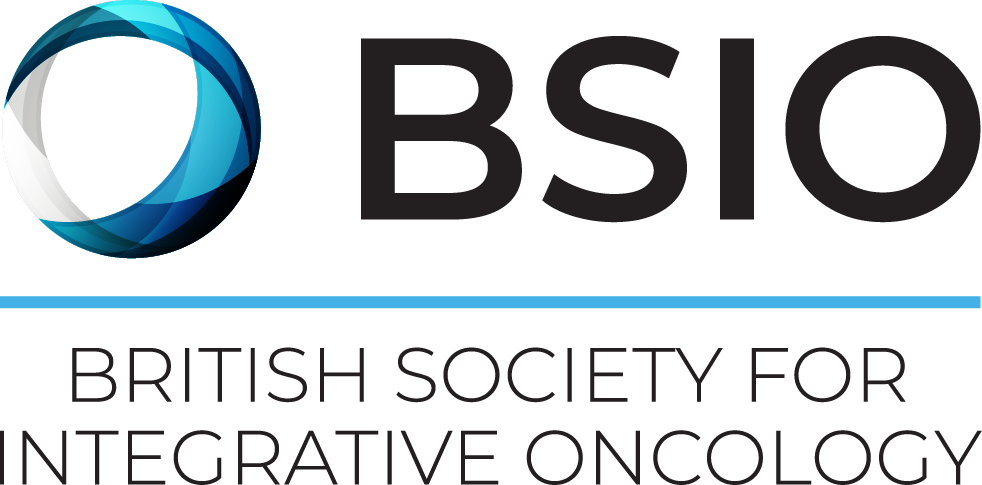Suffering from “compassion fatigue”? Why mindful self-compassion is the answer
The number of times I have heard someone say they have compassion fatigue tells me that so many of us do not understand what compassion is and why compassion fatigue is a misnomer.
On the other hand, empathy fatigue, yes, that is a thing and that is what we suffer from… feeling too much of the struggle and suffering of another and not knowing what to do about it. My whole career has been one of being empathic, right from my early training as a social worker at university and later as an intensive care nurse and then integrative oncology specialist. I know this landscape well and understand how continuing to open to the pain of others without being adequately resourced can land us up stressed, ill or burnt out.
We all become healthcare workers because we are empathic, so no surprises there, but the ways we cope are not necessarily those that sustain us in the long-term. Often, what we turn to as a distraction (e.g. eating junk food, drugs or alcohol, addiction to our technology) does not address our issues or help us become more resilient or happier in the long term.
After practising mindfulness for 12 years, I trained to teach the mindfulness-based stress reduction programme in Spring 2004 at the Center for Mindfulness, University of Massachusetts and have been teaching this programme to people with cancer ever since. Mindfulness is the key to noticing what is going on so that we can start to respond to ourselves with kindness and self-compassion. This noticing comes from being embodied and we need to practise coming back to this ground of the body as we mostly live in our heads. When we are living in our heads, we are not fully present, our minds are either going over the past or thinking about the future or both.
In 2016, I did more training to become a Mindful Self-Compassion programme teacher and am now a certified MSC teacher and teacher supervisor. I understand that it is only when we can recognise our bodily, sensations, thoughts, emotions and often automatic reactive patterns that we can start to give ourselves some kindness in the midst of these difficulties, i.e. some self-compassion. We do this not only through kind words and words support and courage, but also through finding our inner strength, our ground, our ability to say no when needed and make a stand for ourselves. We also activate the soothing system of the body when we give ourselves compassion.
Once we have practised and experienced mindful self-compassion for ourselves, then we have the chance to be able to share it and support others with it. Unlike empathy fatigue which can drain us, self-compassion is resource building and can nourish us and make us more resilient.
Want to find out more and how it can help your work and your life? Please come and join me for our BSIO member webinar on Mindful Self-Compassion on Thursday 14th October from 7.30pm to 8.30pm.
Author
Dr Caroline Hoffman, OAM, BSW, RN, PhD
Caroline, a social worker and registered nurse and specialist in integrative and complementary cancer approaches, pioneered the teaching of mindfulness-based stress reduction (MBSR) in people affected by cancer in London nearly twenty years ago. Her early doctoral research evaluated MBSR in people affected by breast cancer and was published in the Journal of Clinical Oncology in 2012. She has been teaching Mindful Self-Compassion for over five years and has just submitted her ground breaking research evaluating this programme for publication.

